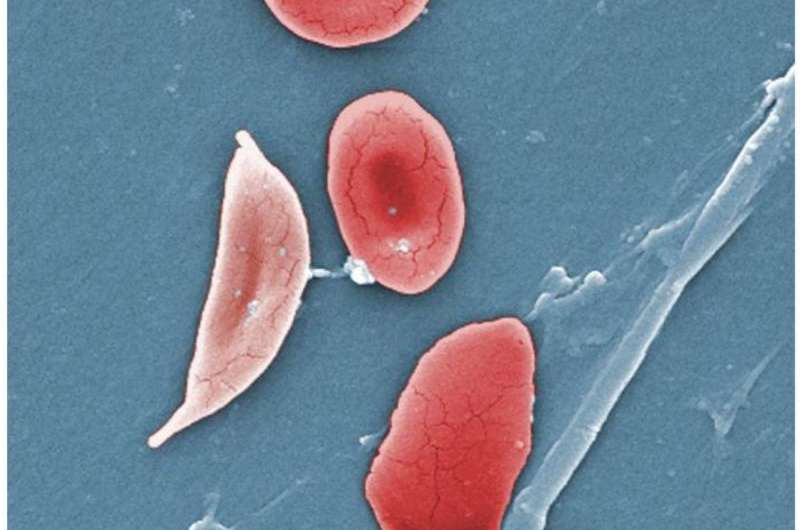Increased Physical Activity Among NHS Active 10 App Users Demonstrated by Recent Study

A recent study demonstrates that users of the NHS Active 10 walking app increase their brisk and overall walking activity, with benefits lasting over two years, indicating its potential for promoting public health.
Recent research conducted by the University of Cambridge highlights the positive impact of the NHS Active 10 walking tracker on users' physical activity levels. The study found that individuals who used the app to monitor and encourage brisk walking showed an immediate increase in their walking duration, both brisk and non-brisk, upon initial use.
Published today in npj Digital Medicine, the study analyzed anonymized data from over 200,000 users between July 2021 and January 2024. The findings revealed that on the day of app installation, users increased their brisk walking by an average of 9 minutes per day and non-brisk walking by 2.6 minutes. Although activity levels gradually declined over subsequent months—by approximately 0.15 minutes of brisk and 0.06 minutes of non-brisk walking per day each month—those who remained active with the app continued to walk more than they did before starting.
Remarkably, after 30 months, users still walked an additional 4.5 minutes briskly and 0.8 minutes non-briskly daily compared to their baseline activities. Importantly, retention rates for app usage were higher than typical fitness apps, with about 35% still using the app after six months and 21% after a year.
The study underscores the role that simple digital tools can play in promoting physical activity, which is crucial given that inactivity is linked to numerous health issues including heart disease, stroke, diabetes, and depression. In England, a significant portion of adults do not meet recommended activity levels, making interventions like NHS Active 10 vital.
Dr. Dharani Yerrakalva, lead author of the study, pointed out that even modest increases in activity, like 11 minutes of brisk walking daily, could prevent one in ten premature deaths, illustrating the potential public health benefits. Professor Simon Griffin emphasized that the app’s success suggests a future where digital health interventions are integrated into routine healthcare, providing personalized guidance and monitoring.
Personal stories, such as that of Sonali Shukla, an NHS Active 10 user, exemplify how the app motivates individuals to remain active despite daily challenges. Shukla, living in Cambridge and balancing family responsibilities, credits the app with helping her track her activity and motivate her to stay active, especially during bad weather or busy days.
Overall, this research highlights the promising role of mobile health apps in fostering sustained physical activity, ultimately aiming to improve health outcomes on a broad scale.
Source: Medical Xpress
Stay Updated with Mia's Feed
Get the latest health & wellness insights delivered straight to your inbox.
Related Articles
Single Pill Combinations for Hypertension: A Cost-Effective and Effective Treatment Strategy
A new Australian study demonstrates that single pill combinations for hypertension effectively control blood pressure while significantly reducing costs for patients and the government, urging policy updates for optimal care.
Innovative Approach Enhances Quality of Life for Adolescents with Sickle Cell Disease
A new intervention developed by Columbia University shows promise in enhancing quality of life and treatment adherence among adolescents with sickle cell disease, highlighting innovative strategies for managing this chronic condition.
New Research Reveals Expanded Profile of Eating Disorders Beyond Underweight Individuals
New study uncovers that ARFID affects adults with higher body weight, highlighting the need for revised diagnosis and tailored treatment approaches. Learn more about the expanding understanding of eating disorders.



